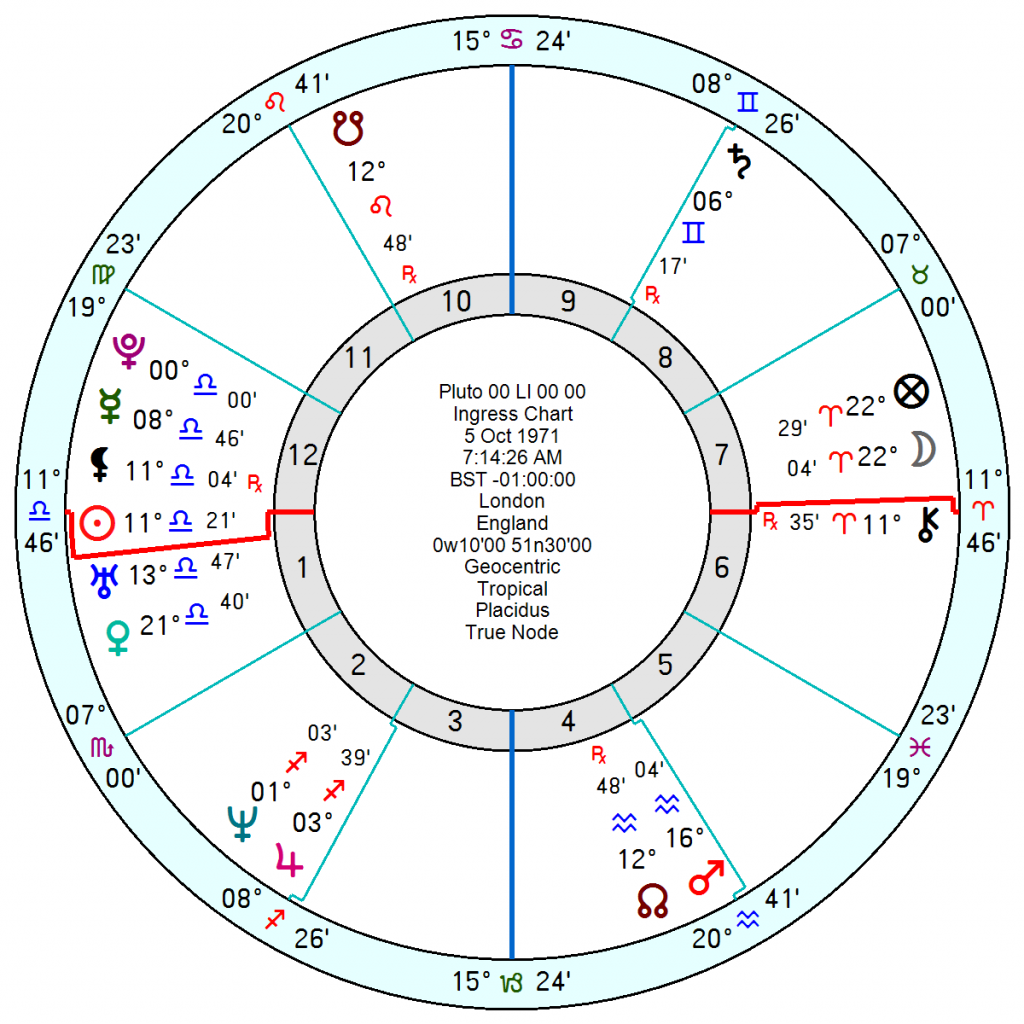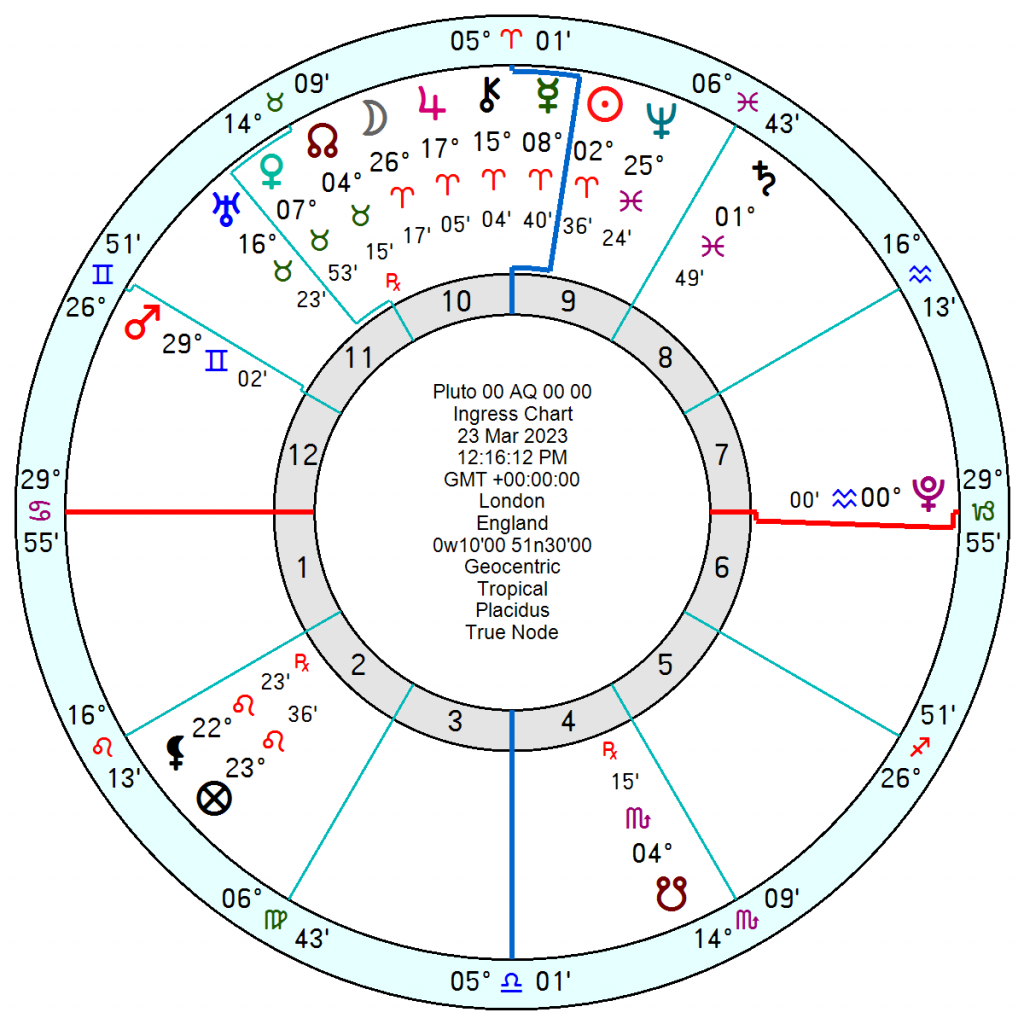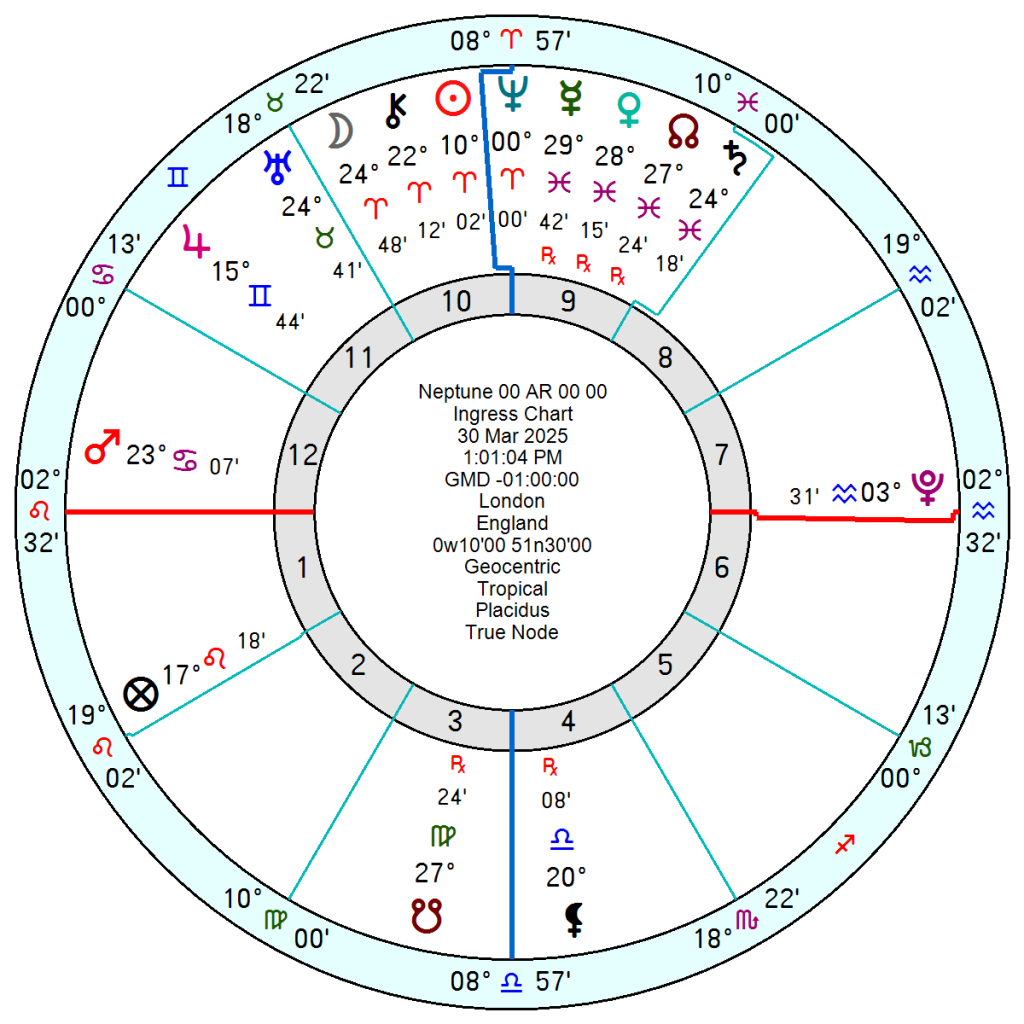



“The past does not repeat itself. But it is rhyming.” The drumbeats hinting of a rising economic crisis similar to the 1970s are growing louder. High inflation, wars in key commodity-producing regions, declining real wages, slowing economic growth, fears of tightening monetary policy and turbulence in stock markets – were the dominant features of the world economy in the 1970s, as now. Though analysts say there is still time for policymakers to get a grip of inflation and not assume that post-pandemic life will return to normal. Estimates are that slow growth will be the norm for this decade and that isn’t even factoring in future unforeseen black swan events similar to Ukraine to put more pressure on the economic situation.
The 1973-75 recession, caused by the 1973 oil crisis and in the USA the deficits of the Vietnam war and the fall of the Bretton Woods system followed by a stock market crash, put an end to post–World War II economic expansion. USA inflation remained high until the early 1980s.
In the UK the oil crisis and miners strike led to the three-day week as electricity was rationed. Inflation peaked at more than 20%. There were negative effects on other countries that relied heavily on imported oil, such as France, Sweden especially, Japan, Finland, Belgium, Luxembourg, and Denmark. Some countries saw benefits – Spain, Korea, Taiwan, Singapore, Mexico, and Brazil, as their low-cost environments attracted new investments and gave their products a competitive edge.
The astrological similarities to the 1970s are the sign changeovers – with Pluto moving into Libra in late 1971 with Neptune hovering on the cusp of Sagittarius. In this decade Pluto moves into Aquarius in early 2023 and Neptune moves into Aries in 2025.
The outer planets shifting sign do always appear to have a significant, often global effect. Pluto changes in particular appear to resonate in Russian history-changing moments more than than most. See below.
Following the 1973-75 oil crisis the UK ended up cap in hand at the IMF begging for a loan to cover debts in 1976. Also below.
PLUTO CHANGE SIGNS
Previous post: March 8 2022
Pluto sign changeovers are spotlighted in Russian history again and again, and regrettably in significant wars elsewhere as well.
Catherine the Great took over the Russian throne in 1762 when Pluto was in final degree Sagittarius and ruled to powerful effect through Pluto in Capricorn and Aquarius, dying as Pluto was poised to moved into Pisces in 1797.
In 1853 as Pluto moved into Taurus the Crimea War broke out between Russia and a coalition of UK, France and the Ottoman Empire. In 1881 Alexander 11 of Russia (liberator of serfs) was killed by a bomb as Pluto prepared to exit Taurus for Gemini the following year.
1914 as Pluto moved into Cancer was the start of World War 1 which saw Austria-Hungary invade Russia. The next shift in 1938 of Pluto into Leo saw the build up to World War 11. In 1956 the Pluto move into Virgo coincided with the Soviet invasion of Hungary to quell the revolution there. Krushchev denounced Stalin.
There’s not much obvious for Pluto into Libra in 1971 and into Scorpio in 1983. But Pluto into Sagittarius in 1995 saw the First Chechen War, starting the year before. Wiki: ‘Despite Russia’s overwhelming advantages in firepower, manpower, weaponry, artillery, combat vehicles, airstrikes and air support, the resulting widespread demoralization of federal forces and the almost universal opposition of the Russian public to the conflict led Boris Yeltsin’s government to declare a ceasefire with the Chechens in 1996.’
In 2008 as Pluto entered Capricorn, the Russian-Georgia War erupted over South Ossettia, regarded as the first European war of the 21st century.
Looking back over two centuries of Pluto changeovers is a blitzing experience since the world appears to be in constant conflict somewhere with wars, disasters and mayhem on a monthly basis. Extrapolating a pattern and not drowning in noise isn’t easy. But I’m not sure how we were lulled into a sense of false security in thinking that wars were in the past, never to be repeated.
Pluto into Aquarius 1778 – American War of Independence 1775 – 1783. The Anglo-French War 1778 to 1783, squabbling over colonial territories, aided the US, brought an end to the First British Empire.
Pluto into Pisces 1797. The 1790s were anti-imperialist as new American and French democracies flourished. Napoleon Bonaparte was on military campaigns aiming for First Consul from 1799.
Pluto into Aries 1823. Napoleon dies in 1821 – what rises on one often falls on the next or the one after that in the case of Catherine. 1823 also saw the Greek War of Independence against the Ottoman Empire.
Pluto into Taurus 1853. The 2nd French Empire, with Napoleon 111 becoming French Emperor. Rebellions in China.
The Crimea War 1854 to 1856
Pluto into Gemini 1882. The Anglo-Egyptian War with Britain seizing the Suez Canal and Egypt becoming a Brit protectorate
Pluto into Gemini 1881. Alexander 11 of Russia killed by bomb.
Pluto into Cancer 1914. World War 1. Austria-Hungary invades Russia.
Pluto into Leo 1938. Spanish Civil War running since 1936, build up to World War 11. Sino-Japanese War 1937 to 45.
Pluto into Virgo 1956. Suez Crisis – UK and France bomb Egypt and have to withdraw in humiliation after international outrage. Israel invades Sinai. Soviet Red Army troops invade Hungary. Vietnam War starts. The EEC founded 1957.
Pluto into Libra 1971. India-Pakistan War. Northern Ireland Troubles – 1972 Bloody Sunday. Vietnam winding down. Watergate
Pluto into Scorpio 1983 – Beginning of the internet.
Falklands War 1982. Lebanon War, Israel invades.
Pluto into Sagittarius 1995. First Chechen War. The Srebrenica massacre in the Bosnian War (1992 to 1995)led to the NATO bombing campaign against Bosnian Serb artillery positions. The Dayton Agreement brings it to an end in December 1995.
Pluto into Capricorn 2008. Stock Markets plunge. Lehman Brothers collapse. The financial crash. Gaza War. The Russo-Georgian War over South Ossettia.
The final degrees of Pluto in a sign, far from overseeing stagnation appear to trigger major conflicts – with some countries more susceptible than others. After a rapid skim through, in addition to Russia – Egypt, Pakistan, Bangladesh and France as well as the UK appear to be more prone than most to be involved in scraps.
UK parallels to 1976 – Previous post May 14 2020.
In 1976 UK PM James Callaghan said: “We used to think you could spend your way out of a recession and increase employment by cutting taxes and boosting government spending. I tell you in all candour, that option no longer exists.” What followed was a reduction in government spending, tax increases and rises in interest rates. The economy did recover and it was paid back within three years but it ultimately paved the way for Margaret Thatcher’s 1979 victory.
The IMF Bailout came in December 1976 when tr Uranus was in early Scorpio and squaring Saturn in Leo, in the months running in and after. Tr Uranus in hard aspect to tr Saturn is traditionally associated with economic recessions and another such turns up in 2021 with tr Uranus half a cycle on in Taurus square Saturn in Aquarius.
On the UK chart around the time of the bailout tr Uranus was poised to oppose the 8th house financial Mars by January 1977 with tr Saturn in square. This time round tr Uranus will conjunct that UK Mars with tr Saturn in square in 2021 – so very similar. The Solar Arcs were marginally more damaging in 1976/77 with Solar Arc Saturn conjunct the financial Venus with tr Saturn in opposition to the UK Venus; and tr Uranus square the Solar Arc Venus.
But it’ll still be a very rocky ride ahead economically for the UK with the tr Uranus square tr Saturn hitting on the financial planets badly in 2021 with more disappointment by 2023 with the Solar Arc Sun square the 2nd house Venus; and more shocks in 2025 when the Solar Arc Uranus is conjunct the Mars. Tr Uranus doesn’t clear the 8th house of international trade till 2027 so it’ll be a bumpy ride ahead.
The Bank of England chart, 27 July 1694 JC, with its natal Sun Jupiter in Leo and Solar Arc Uranus in Taurus will catch the tr Saturn square tr Uranus next year for high-stress challenges. With 2023/2024/25 keying up as high-anxiety phases as well.

Very interesting comparisons.
There are some people who can gain a lot of wealth and power, if they can convince everyone else that their same-old power grab is something new and different. A wonderfully humane blessing for the good of the people. Part of an endless one-way arrow of Progress towards a better future.
Example: Mark Zuckerberg. And before him, the “information wants to be free” faux idealists who got super rich from devaluing copyrights and scolding creative people that they just need to work harder, all while selling, definitely NOT giving away, their own embedded advertising, algorithmic feeds, and “fat pipes” wrapped around the work of others.
Same thing in politics and economics. “We’re done with wars, and economic cycles can’t touch us any more.” Nonsense beliefs beneficial for a few, if the masses can be indoctrinated with enough propoganda on these themes.
The other day I looked up the latest UCLA Anderson economic forecast, the best regarded review of conditions in California. (Which if its own nation, would be 5th largest economy in the world.) They pointed out the disconnect that consumers are spending more than ever, boosting the economy, while their reported confidence in the economy is also extremely low!
People who owned homes pre-COVID (I didn’t) benefited from a residential real estate boom, especially on the high end with more comfortable work from home condiions. Along with that was plenty of free new money dumped into the banks, with some of it actually trickling down to the people. The inflation now mostly comes from unlocked consumer demand coming out of the pandemic, along with supply chains still very tight after the pandemic. But it FEELS unstable and this shows up in the poll results.
I’m hoping to make enough to get a place a bit out of the urban jungle, with enough space to do some Square Foot Gardening and subscribe to Community Supported Agriculture farms, before any “hits the fan” scenario. Not an “end of the world” prepper, though. If nothing does hit the fan, at least I’ll enjoy healthier food and more connection to land and neighbors.
I think we’re going to see huge cracks in economic globalism in coming years. More local farming and local manufacturing, rather than importing everything. I see this as a huge trend for the US, and also the U.K.
Re: WWII. Hitler’s book was very clear about his intention to conquer and annex southern Europe, as breadbasket and settlements territory. To relieve what he claimed was excess pressure within the current border of Germany. If Neville Chamberlain or any competent analyst in his administration had read their adversary’s book, there’s no way they could expect Hitler to be content with just Czechoslovakia.
Re: 1970’s. Fuel crisis made tiny, boring, underpowered little Japanese cars suddenly a hit with Americans. Who discovered, starting in California, that these cars were reliable, efficient, and made with production techniques the American giants couldn’t match. Which came from Japan’s own crisis rebuilding after WWII, when they couldn’t afford anything wasteful – like authoritarian bosses who refuse to listen to the workers’ ideas about how to improve their own factory.
Jessica Adams talks a lot about 1977 as the key year for Punk Rock. If the economics rhyme, maybe we’ll get another round of do it yourself, aggressive music in the next few years.
I did a quick search on 1971 and 1983. In 1971: the Pentagon Papers, Salyut I, India-Pakistan war.
In 1983, in addition to the start of the internet: U.S. invasion of Grenada, U.S. deployment of cruise missiles in Europe, U.S. proposal of SDI (sorry it’s so U.S.-centric). A few years after this, we had massive changes in international trade and the explosion of globalization (which has literally changed the globe, and made some people very rich while having devastating effects on many), and the run-up to the fall of the Berlin Wall in 1989 and subsequent breakup of the Soviet Union.